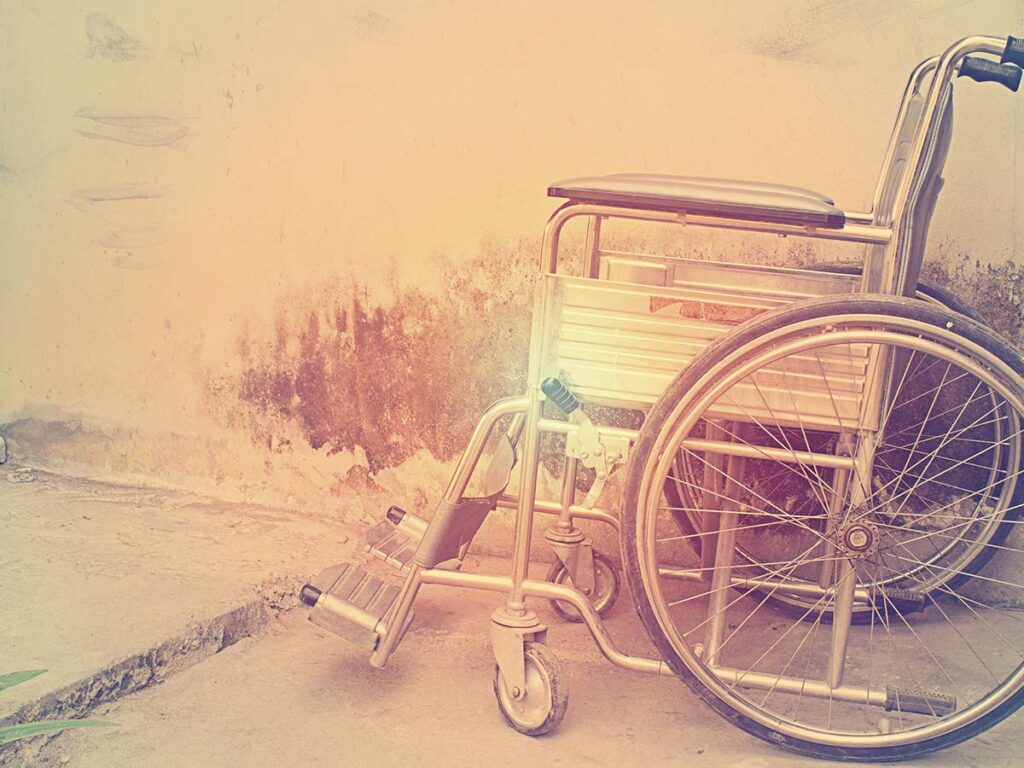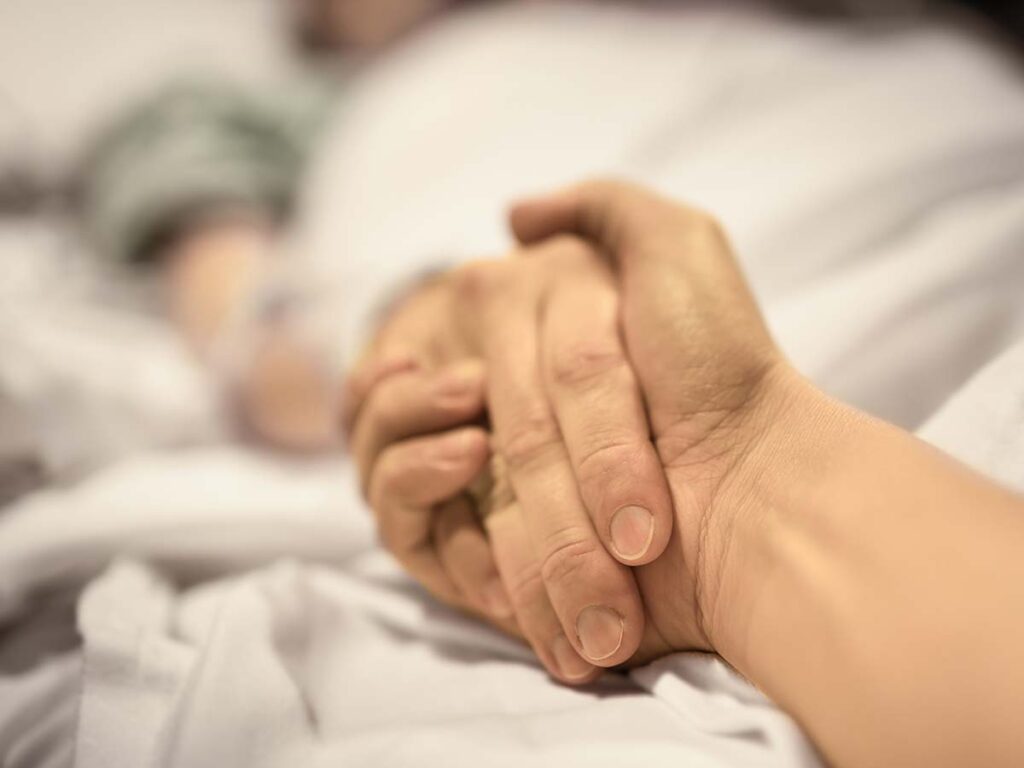LOS ANGELES (213) 334-7000
ORANGE COUNTY (949) 383-2800
LAS VEGAS (702) 777-0888
NEW YORK (212) 402-0900
NEW JERSEY (973) 833-1933
-
Practice Areas + Locations
-
Personal Injury
- California
-
Nevada
- Las Vegas
- Bicycle Accident
- Birth Injury
- Bus Accident
- Car Accident
- Construction Accident
- Dog Bite
- Medical Malpractice
- Motorcycle Accident
- Pedestrian Accident
- Personal Injury
- Premises Liability
- Slip and Fall
- Taxi Accident
- Truck Accident
- Wrongful Death
- Reno
- Car Accident
- Personal Injury
- Premises Liability
- Slip and Fall
- Truck Accident
- Summerlin
- Birth Injury
- Bus Accident
- Car Accident
- Construction Accident
- Dog Bite Lawyer
- Motorcycle Accident
- Pedestrian Accident
- Product Liability
- Slip and Fall
- Taxi Accident
- Truck Accident
- Wrongful Death
- Henderson
- Bicycle Accident
- Car Accident
- Construction Accident
- Medical Malpractice
- Motorcycle Accident
- Premises Liability
- Pedestrian Accident
- Slip and Fall
- Truck Accident
- Wrongful Death
- Burn Injury
- New York
- New Jersey
-
Employment Law
- California
-
Nevada
- Las Vegas
- Discrimination
- Employment Lawyer
- Wage Theft
- Workplace Discrimination
- Workplace Harassment
- Whistleblower Lawyer
- Wrongful Termination
- Reno
- ADA
- Discrimination
- Employment Lawyer
- FMLA Lawyer
- Hostile Work Environment
- Racial Discrimination
- Pregnancy Discrimination
- Wage Theft
- Workplace Harrasment
- Whistleblower Lawyer
- Summerlin
- ADA
- Discrimination
- Employment Lawyer
- FMLA
- Hostile Work Environment
- Pregnancy Discrimination
- Wage Theft
- Workplace Harrasment
- Wrongful Termination
- Whistleblower Lawyer
- Henderson
- ADA
- FMLA
- Hostile Work Environment
- Pregnancy Discrimination
- Racial Discrimination
- Wage Theft
- Workplace Harrasment
- New York
- New Jersey
- Sexual Abuse
-
Elder Abuse
-
California
- Los Angeles
- Bedsores Injury
- Nursing Home Abuse
- Elder Abuse
- Home Care Abuse
- Nursing Home Emotional Abuse
- Nursing Home Fall Injury
- Nursing Home Financial Exploitation
- Nursing Home Malnutrition
- Nursing Home Medication Error
- Nursing Home Neglect
- Nursing Home Negligent Hiring
- Nursing Home Physical Abuse
- Nursing Home Sexual Abuse
- Nursing Home Wrongful Death
- San Diego
- Nursing Home Care Abuse
- Nursing Home Emotional Abuse
- Nursing Home Fall Injury
- Nursing Home Financial Exploitation
- Nursing Home Malnutrition Cases
- Nursing Home Medication Error
- Nursing Home Negligent Hiring
- Nursing Home Physical Abuse
- Nursing Home Restraint Abuse
- Nursing Home Sexual Abuse
- Orange County
- Bedsore Injury
- Home Care Abuse
- Nursing Home Abuse
- Nursing Home Emotional Abuse
- Nursing Home Fall Injury
- Nursing Home Financial Exploitation
- Nursing Home Neglect
- Nursing Home Malnutrition Cases
- Nursing Home Medication Error
- Nursing Home Negligent Hiring
- Nursing Home Physical Abuse
- Nursing Home Restraint Abuse
- Nursing Home Sexual Abuse
- Nursing Home Wrongful Death
- San Francisco
- Bedsores Injury
- Home Care Abuse
- Nursing Home Abuse
- Nursing Home Emotional Abuse
- Nursing Home Fall Injury
- Nursing Home Financial Exploitation
- Nursing Home Malnutrition Lawyer
- Nursing Home Medication Error
- Nursing Home Negligent Hiring
- Nursing Home Neglect Attorney
- Nursing Home Physical Abuse
- Nursing Home Restraint Abuse
- Nursing Home Sexual Abuse
- Nursing Home Wrongful Death
- Nevada
- New York
- New Jersey
-
California
-
Personal Injury
- Our Firm
- Attorneys
- Español


